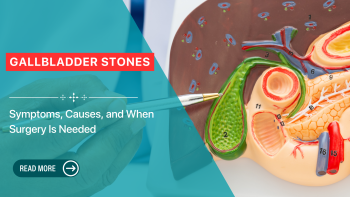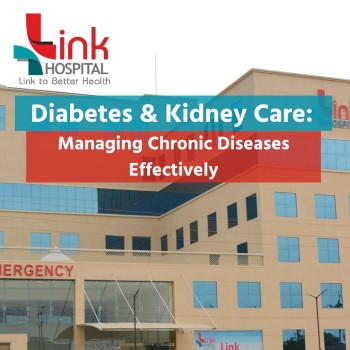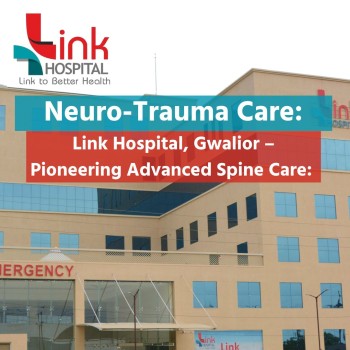Heart Rate: Your heart rate is a critical indicator of your overall health. Understanding what it says about your body can help you maintain optimal health and recognize when something might be wrong. This blog delves into the significance of heart rate, how to measure it, what the numbers mean, and when you should be concerned.
Understanding Heart Rate
What Is Heart Rate?
Heart rate, also known as pulse, refers to the number of times your heart beats per minute (bpm). It varies from person to person and can be influenced by factors such as age, fitness level, and overall health. A normal heart rate is crucial for delivering oxygen-rich blood to your organs and tissues.
How to Measure Your Heart Rate
You can measure your heart rate manually or with the help of devices like fitness trackers or smartwatches. To check it manually:
Place your index and middle fingers on your wrist, just below the thumb.
Press lightly until you feel your pulse.
Count the number of beats in 15 seconds and multiply by four to get your bpm.
Alternatively, using a fitness tracker or smartwatch can provide continuous monitoring, giving you more accurate insights into your heart rate patterns.
Normal Heart Rate: What’s Healthy?
Resting Heart Rate
Your resting heart rate is the number of beats per minute when you’re at rest, such as when you’re sitting or lying down. For most adults, a normal resting heart rate ranges between 60 and 100 bpm. However, athletes or individuals with high cardiovascular fitness might have a resting heart rate as low as 40 bpm.
Factors Influencing Resting Heart Rate:
Age: Heart rate generally increases with age.
Fitness Level: Fitter individuals often have lower resting heart rates.
Stress and Emotions: Anxiety or excitement can temporarily elevate your heart rate.
Medications: Some drugs can lower or increase your heart rate.
Target Heart Rate During Exercise
When you exercise, your heart rate increases to supply more oxygen-rich blood to your muscles. The target heart rate for exercise is usually 50-85% of your maximum heart rate, which can be calculated as 220 minus your age.
Example: If you’re 30 years old:
Maximum heart rate = 220 - 30 = 190 bpm
Target heart rate = 95-162 bpm (50-85% of 190 bpm)
Exercising within this range helps improve cardiovascular fitness while minimizing the risk of overexertion.
When to Be Concerned About Your Heart Rate
High Resting Heart Rate (Tachycardia)
A resting heart rate consistently above 100 bpm, known as tachycardia, can indicate underlying health issues. Common causes include:
Dehydration
Fever
Anemia
Thyroid Problems
Heart Disease
If you experience a persistently high heart rate, especially with symptoms like dizziness, chest pain, or shortness of breath, seek medical attention promptly.
Low Resting Heart Rate (Bradycardia)
A resting heart rate below 60 bpm in non-athletes is termed bradycardia. While it might not always be a cause for concern, especially in physically active individuals, it can signal problems such as:
Heart Block
Hypothyroidism
Electrolyte Imbalance
Consult a doctor if you have bradycardia accompanied by fatigue, fainting, or weakness.
Irregular Heart Rate (Arrhythmia)
An irregular heart rate, or arrhythmia, can feel like a fluttering or racing heart and may indicate conditions like:
Atrial Fibrillation (AFib)
Ventricular Tachycardia
Premature Ventricular Contractions (PVCs)
While occasional irregularities might be harmless, persistent or severe arrhythmias require medical evaluation to prevent complications such as stroke or heart failure.
Factors That Can Affect Your Heart Rate
Physical Activity
Exercise raises your heart rate during activity and can lead to a lower resting heart rate over time, indicating improved cardiovascular fitness.
Stress and Anxiety
Emotional stress can trigger a temporary increase in heart rate. Chronic stress, however, might lead to prolonged elevated heart rates, potentially increasing the risk of heart disease.
Caffeine and Nicotine
Both substances are stimulants that can increase your heart rate. While occasional use might not be harmful, excessive intake can lead to tachycardia and other heart-related issues.
Sleep Patterns
Poor sleep can negatively impact your heart rate. Consistently getting good-quality sleep helps maintain a healthy resting heart rate.
When to See a Doctor
Symptoms That Warrant Immediate Attention
If you experience any of the following symptoms alongside an abnormal heart rate, seek immediate medical care:
Chest Pain
Severe Dizziness or Fainting
Shortness of Breath
Swelling in the Legs or Ankles
Regular Check-Ups
Even without symptoms, regular check-ups with your healthcare provider are essential for monitoring your heart health. This is especially important if you have risk factors such as a family history of heart disease, high blood pressure, or diabetes.
Conclusion
Your heart rate is a valuable indicator of your overall health. Understanding what your heart rate says about your body and knowing when to worry can help you maintain optimal health and prevent potential complications. Regular monitoring, a healthy lifestyle, and timely medical consultations are key to ensuring your heart stays in good shape.
Link Hospital offers comprehensive heart health services for those in Gwalior and surrounding areas. Whether you need routine check-ups, advanced diagnostics, or expert treatment for heart conditions, our team of experienced cardiologists is here to help. Prioritize your heart health today by visiting Link Hospital, where your well-being is our top priority.











